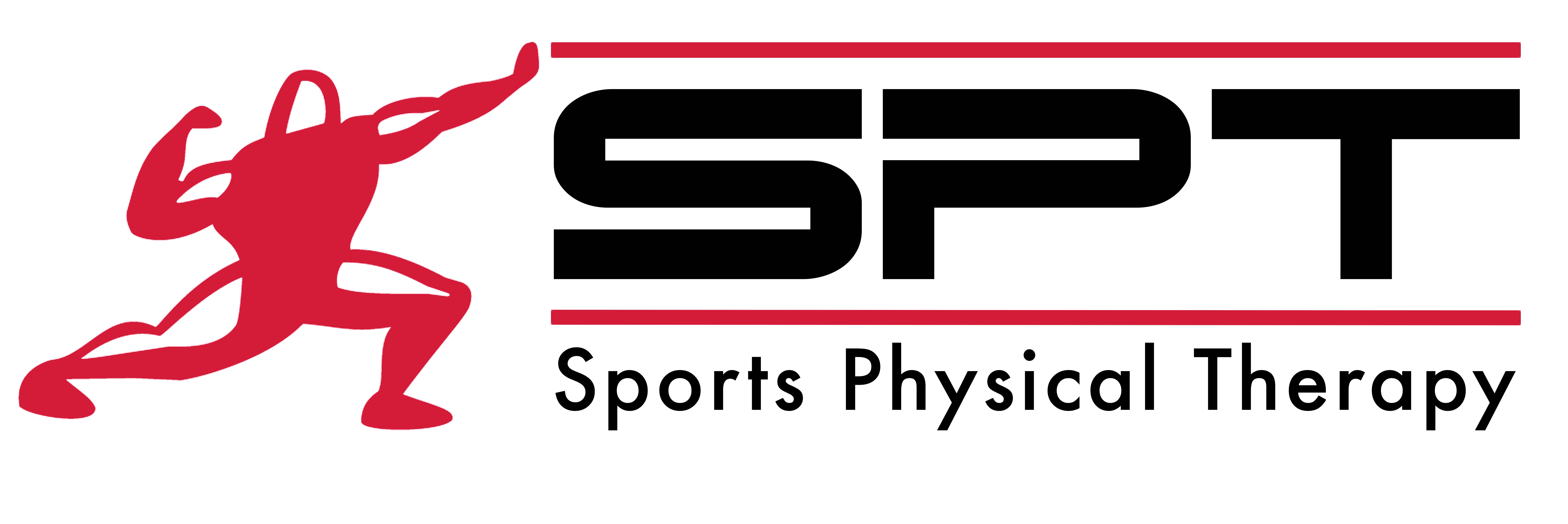When the dust settles after a motor accident, an athlete is often left with more questions than answers.
The path ahead can seem riddled with uncertainty, especially when the injury sidelines you during crucial moments of the season.
It’s a bitter pill to swallow—watching from the sidelines as your teammates compete, grappling with the fear that this could be a career-defining setback.
But here’s a vital truth to hold onto: this chapter of your story is about recovery, not resignation.
With the right guidance and support, it’s entirely possible to step back onto the field or court with confidence and strength.
This blog aims to be your guide, shining a light on the steps toward recovery and offering you the tools to navigate this unexpected detour in your athletic journey
Understanding Motor Accident Recovery: Physical and Mental Challenges
4 Mistakes You Must Avoid After a Motor Accident
The path to recovery after a motor accident is not a sprint; it’s a marathon that requires a nuanced understanding of the body’s healing timeline.
Each athlete’s journey is unique, and while the eagerness to return to the game is commendable, it’s vital to recognize that rushing the healing process can set you back even further.
The Healing Process: Slow and Steady Wins the Race
The body’s capacity to heal is extraordinary, but it cannot be hurried. Each phase of recovery, from the inflammatory stage to the remodeling of tissues, has its own pace.
Ignoring these natural timelines can lead to chronic issues or, worse, re-injury, which might sideline you for an even longer period.
Tip:
Trust in the recovery plan crafted by your physical therapist.
It’s been personalized for you, considering the nature of your injuries and your sport.
Patience and adherence to the recommended recovery stages will ensure that healing is complete and that you’re genuinely ready to return to action.
Mental Recovery: An Integral Piece of the Puzzle
Often in the shadows of the recovery process is the mental and emotional aftermath of the accident. Anxiety, fear of re-injury, and even depression can lurk beneath the surface, waiting to undermine your return to peak performance.
Tip:
It’s essential to incorporate mental health strategies into your recovery. Techniques such as mindfulness can anchor you in the present, meditation can provide a serene space for emotional healing, and professional counseling can offer coping mechanisms for the trauma experienced.
Recognizing the psychological aspect of recovery is pivotal to regaining not just physical strength but also the mental fortitude required for competitive sports.
Nutrition and Hydration: The Unsung Heroes of Recovery
The role of proper nutrition and hydration in the healing process is monumental.
The body’s repair mechanisms are significantly enhanced by the right balance of nutrients and fluids, helping to speed up the recovery time and ensure a stronger comeback.
Tip:
A well-planned diet, possibly devised with the help of a sports nutritionist, can provide the essential vitamins, minerals, proteins, and carbohydrates needed for tissue repair and muscle recovery.
Staying well-hydrated is also crucial as it affects all bodily functions, including the transport of nutrients necessary for healing.
The Power of Support: You Don’t Have to Recover Alone
Recovery can sometimes feel like a solitary journey, but isolation can be a barrier to healing.
A support system not only offers emotional comfort but can also play a practical role in your recovery.
Tip:
Lean on your support system—teammates, coaches, friends, and family.
Their encouragement can significantly impact your recovery by lifting your spirits and keeping you engaged with the sports community.
This connection can foster a positive environment conducive to healing, reminding you of the joys and camaraderie that sports bring, fueling your motivation to return.
In understanding these critical aspects of recovery, the goal is to ensure you’re not just returning to play but doing so in a way that sets you up for long-term success and well-being.
As you work through your rehabilitation, remember that each step taken with careful consideration is a step toward reclaiming the athlete within.
Charting Your Victorious Return: A Personalized Path to Peak Performance Post-Accident
In the wake of a motor accident, March’s message of resilience and rejuvenation rings especially true for athletes eager to reclaim their sporting prowess.
At Sports Physical Therapy, we’re not just your rehabilitation specialists; we’re your partners in scripting a victorious return to the sport you live for.
We know the road to recovery post-accident can feel like an uphill battle, marked by a complex interplay of physical repair and psychological determination.
Our expert team at Sports Physical Therapy is dedicated to navigating these challenges with you, ensuring a recovery that’s as comprehensive as it is compassionate.
Managing pain and fostering recovery go hand in hand.
We use several pain relief methods and rehabilitation techniques designed to quicken your healing process and secure your return to competitive sports with strength and confidence.
We recognize that the mental game is as crucial as the physical.
Our support extends into helping you rebuild the mental fortitude necessary for athletic competition, providing the motivational fuel to power through your recovery journey.
Visit us at our clinics in Bellevue, Everett, Factoria, Kirkland, and Lake Stevens, or get in touch at (425) 628-2031.
Let’s collaborate to forge a path that not only gets you back to your athletic pursuits but also surpasses your pre-accident performance.
Here’s to turning challenges into triumphs and achieving new heights in your athletic journey post-accident.
Wishing you strength and success,
Mike McLaury
Sports Physical Therapy
Free Additional Resources For Motor Accident Recovery
Read Our Blog – 4 Ways Physical Therapy Can Help After a Motor Accident
Follow Us On Social Media – Sports Physical Therapy Facebook and Sports Physical Therapy Instagram

